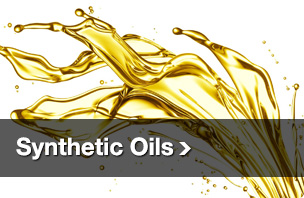Stevenson Oil helps businesses ensure that industrial machinery performs well.
Contact us today to learn more about how the ethylene and propylene glycol products we offer and how they can best help your company.
Ethylene and propylene glycol are organic compounds that are used in a wide variety of products. Manufacturers benefit from their innate properties by producing a wide number of items such as, polyester fibers and fabrics, resins, antifreeze, heat transfer fluids, hydraulic fluids, bottling material, pharmaceuticals, cosmetics, and some food products.
The Properties of Ethylene and Propylene Glycol
Ethylene and propylene glycol are odorless, colorless and have low-to-moderate toxicity. In addition, they offer low volatility with good freezing points and high flash points. Ethylene glycol is preferable when workers need to use equipment in low operating temperatures and when your operation requires higher heat transfer capabilities. It typically degrades within 10-20 days. Propylene glycol is an emulsifier and can hold and dissolve active ingredients. PG needs more than 20-30 days to degrade. Neither product is carcinogenic nor flammable.
The Benefits and Applications of Ethylene and Propylene Glycol
Ethylene glycol is often used in the manufacture of polyester and fabrics. It is also used to remove water from natural gas applications. It has also been used in the manufacture of de-icing fluids for aircraft and in formulations of brake fluid, paint and ink. With an inhibited additive package added to the product, its heat transfer properties can be used in closed-loop, water-based HVAC, and process heating and cooling, providing a long-term, easily-maintained fluid with corrosion protection.
Propylene glycol is used in applications where the product may come in contact with potable water or where regulations require it, as in food processing applications where incidental food contact may occur or in environmentally-sensitive areas, such as in de-icing fluid. It is also used in beverage or fermentation applications and as an additive to keep foods from drying out. It too can have a corrosion inhibitor package, which provides for excellent protection in HVAC applications.
Both products are used extensively in situations where burst and freeze protection are required. If heat transfer at low temperatures is required, ethylene glycol solutions may be better suited for the job. Ethylene glycol will require less pumping horsepower at temperatures below 0⁰.
Finally, solutions of ethylene glycol are used in some water-based hydraulic fluids. These water-based hydraulic fluids are used in demanding environments including the steel, aluminum, and die-casting industries. They contain an additive package, which can extend the equipment service life while reducing maintenance costs and provide a favorable environmental profile.




